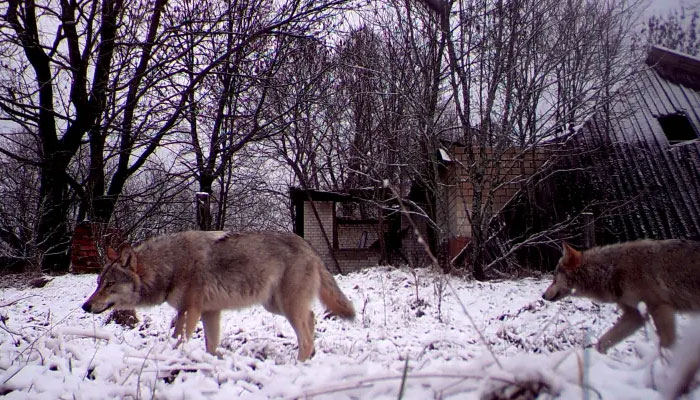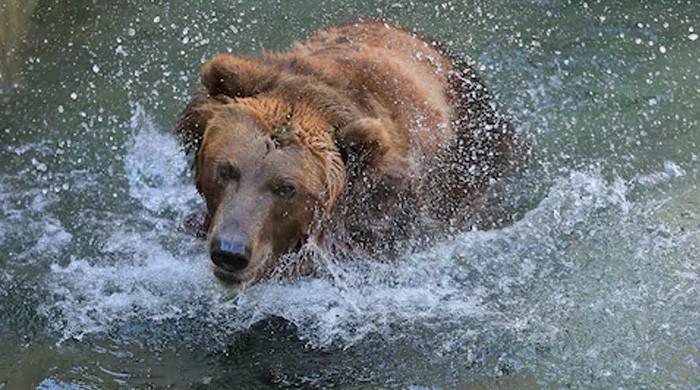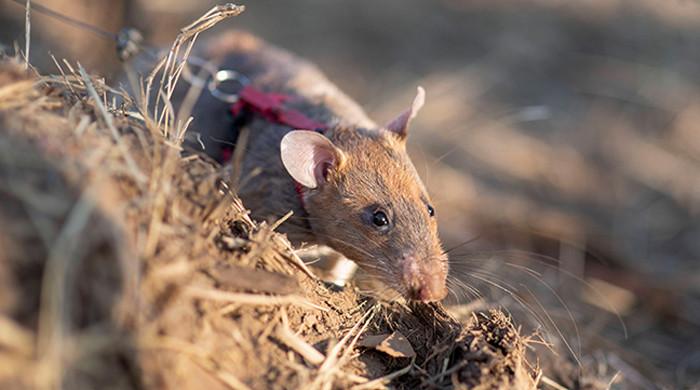Chernobyl's radiation-exposed mutant wolves could hold secret to cancer cure
Despite chronic exposure to high radiation levels since the 1986 nuclear disaster, these wolves show resilience
February 09, 2024

Mutant wolves inhabiting the Chernobyl Exclusion Zone have developed cancer-resilient genomes, potentially holding vital information for human health, according to a study, the New York Post reported.
Despite chronic exposure to high radiation levels since the 1986 nuclear disaster, these wolves show resilience, prompting evolutionary biologist Cara Love and her team from Princeton University to investigate further.
Equipping the wolves with GPS collars containing radiation dosimeters, researchers monitored their real-time radiation exposure. The wolves, exposed to 11.28 milligrams daily (over six times the legal safety limit for humans), demonstrated immune system variations similar to cancer patients undergoing radiation treatment.
Love identified specific regions in the wolf genome displaying resilience to increased cancer risk.
The findings raise significant implications for understanding gene mutations in humans and their potential impact on surviving cancer.
This research challenges the conventional understanding of gene mutations, offering insights into mechanisms that might mitigate cancer risks.
While the study focused on wild wolves, the descendants of pets left in the area after the Chernobyl disaster, particularly dogs, may share similar cancer resilience.
Dogs, present immediately after the incident, adapted better than other species, showcasing potential parallels with human responses to cancer.
Unfortunately, research progress has faced obstacles, initially due to the COVID-19 pandemic and now due to the ongoing conflict between Russia and Ukraine, preventing further exploration of the Chernobyl Exclusion Zone.
Despite these challenges, the study sheds light on the unique resilience of Chernobyl's mutant wolves and their potential contribution to advancing our understanding of cancer genetics.











